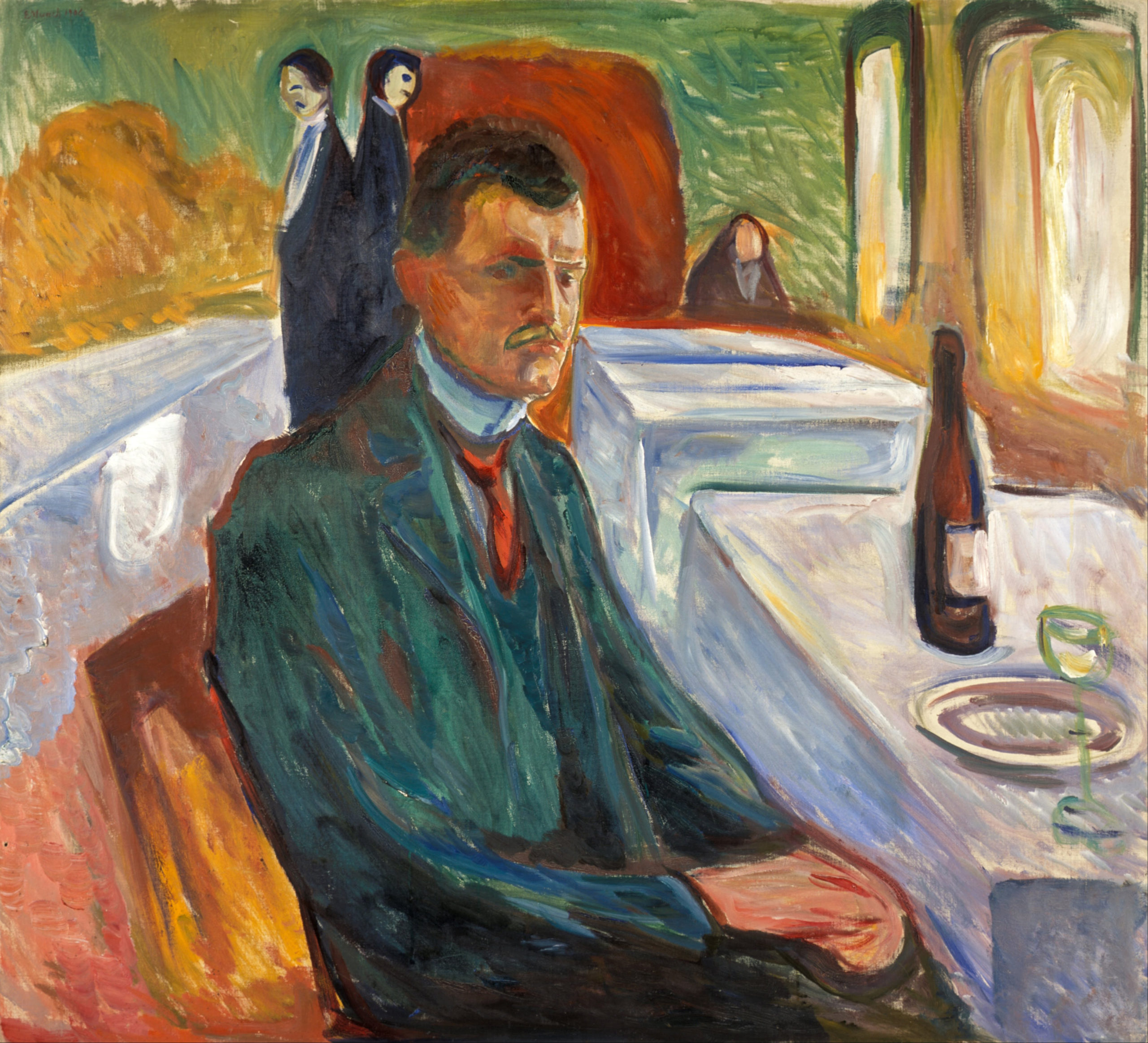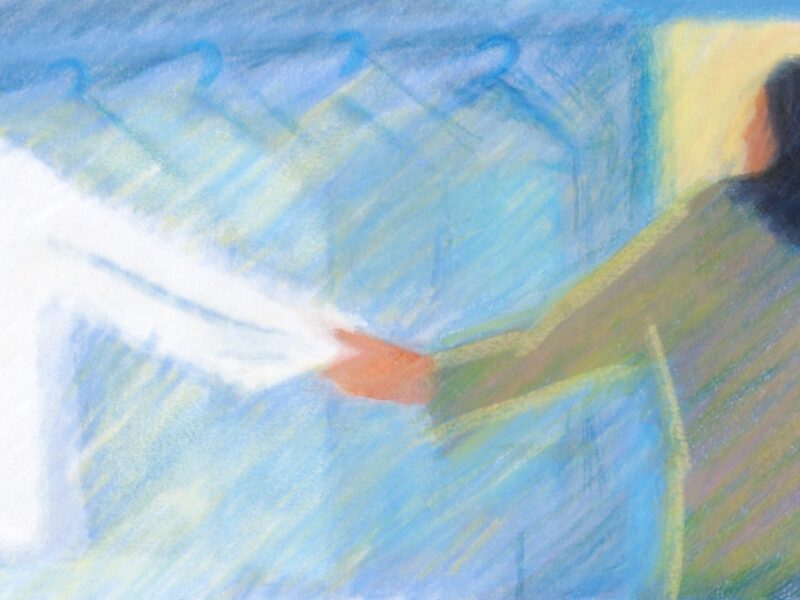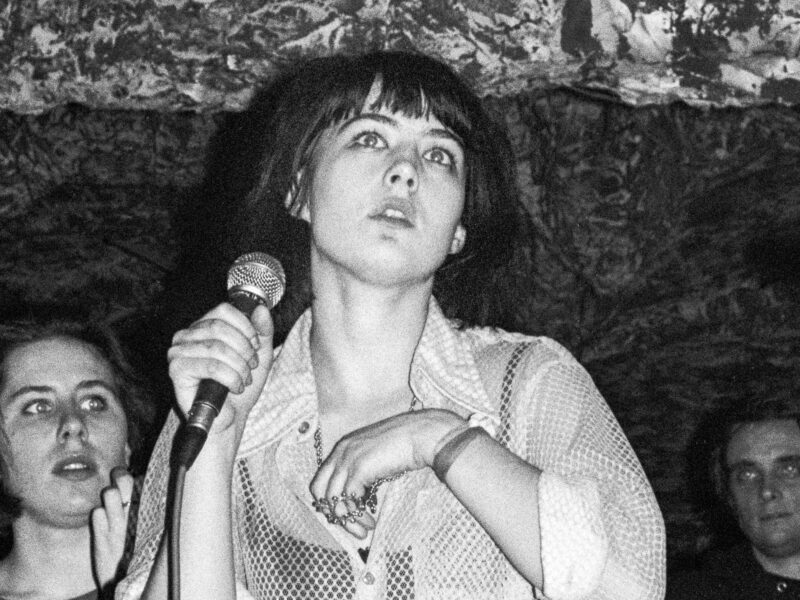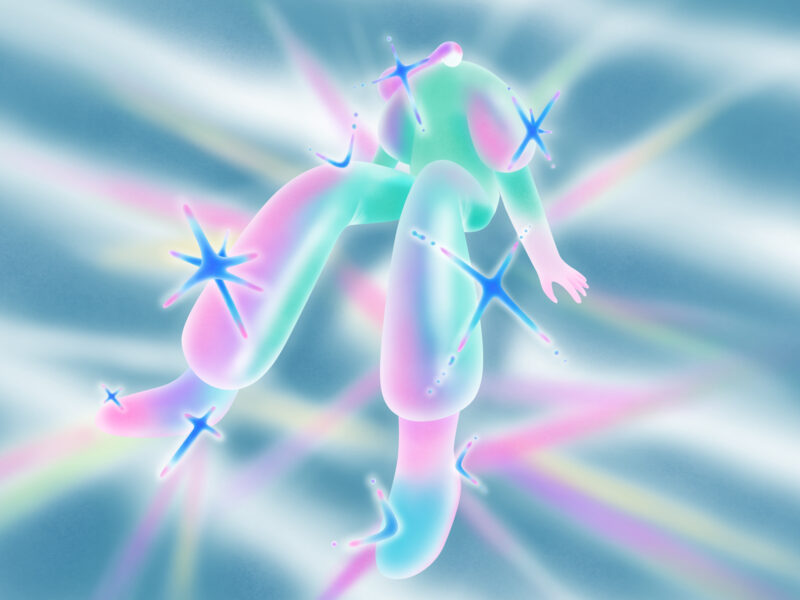As a child, I viewed his alcoholism as a personal affront; I didn’t realize he was in a lot of silent pain
For most of my life, I thought my dad was kind of an asshole. He was a very angry guy; and by the time I was in high school, he had also started drinking a lot, which didn’t make his fits of rage any better. I thought he was abusive, and that my mother and I were victims. I changed my mind when something similar happened to me.
I’ve always had fairly bad anxiety, but, throughout my 20s, I was good at managing it in healthy ways. When I turned 30 last year, however, something broke. I found myself downing a bottle of wine every night even though I didn’t even want it, walking to the deli at 4 a.m. to buy beer even though my mind was screaming at me to turn around. I’ve had a much more privileged life than my father, whose childhood was much more difficult than mine, and I don’t carry quite as much anger around, so the consequences were relatively mild. Most of my drinking binges ended with me just falling asleep; the next morning I went to work as usual, but felt tired and depressed. I also often found myself on the receiving end of that mixture of pity, anger, and disgust that I used to direct at him.
“What is the matter with you?” concerned friends, asked, clearly frustrated. “Why can’t you just get it together?” I stared blankly at the wall. I did know how to explain it. I just couldn’t.
If someone tried to take the bottle away, I felt a wave of rage unlike anything I’d ever experienced before, as though they were stealing something precious that was so clearly mine. I’d lash out, verbally, then self-isolate. My roommate said that, in those moments, I acted like a “wounded animal in a cage.”
It had never occurred to me that my father’s drunk rages were reactive rather than intentional. Now I understand what it feels like to see revulsion in someone’s eyes—how it can make you feel even lower when you thought you were already at your lowest.
As a child, I viewed his alcoholism as a personal affront; I didn’t realize he was in a lot of silent pain. One morning when I was 15, I came downstairs to find him sobbing in the living room. Big, heaving sobs. The sight threw me off completely. I had never thought of my father as someone who cried. I sat next to him and asked him what was wrong, thinking someone must have died.
In between sobs, he finally managed to get out, “I don’t understand why I don’t have any friends. I thought money would make it all go away.”
My father was a Soviet Jew, one who grew up in a room in a communal apartment with peeling wallpaper and a mossy bathtub in the hallway meant to serve five families. He had no father and was raised by an alcoholic mother. When he was a little boy, he got caught under a bridge in the Neva river and almost drowned. He thought that his anxiety could be cured with a middle-class income, middle-sized car and a middle-sized house with a middle-sized garage. But it couldn’t.
I interviewed an alcoholic in recovery a few months ago who said, “No one knows how alone an alcoholic truly is.” I get that now. When I’m having one of my episodes, I’m not quite sure what to do. I know I’m supposed to ask for help, but I also know I’m liable to get mean-spirited and verbally aggressive. It seems safer for everyone to self-isolate. I lie in bed and think about how I’ve turned into my father, pushing everyone away and then crying about being alone.
Thanks to a lot of therapy and yoga and self-care last fall, I managed to start the year off strong and get by OK during quarantine. I was mostly mindful about drinking, but I had my dark days. I’m convinced, at this point, that while alcohol isn’t the solution, it also isn’t the problem. My alcoholism is different from my father’s; I go months on end drinking “normally,” and then I’ll have a self-destructive few days where I drink without eating, a condition colloquially called “drunkorexia.” The real problem for me—as far as I can tell— is wanting to hurt myself and believing that I deserve to be hurt. Drinking on an empty stomach and taking pleasure in throwing it all up is just one of the ways to make that happen.
I’ve been getting together with my father’s AA group a few times a week since we started reopening. They hold nightly Zoom meetings, but I find the small groups that gather at the beach to be the most helpful. I sit there and listen to them try to convince me, successfully, that you can lead a richer life without alcohol. I sit there and let them tell me, over and over again, that asking for help is not a weakness, but a strength. I don’t tell them that I’m a journalist and that I’ve written hundreds of stories on this very topic, because I know that they aren’t telling all of this to me as much as they are to themselves.
I also just really like them. I’ve never met anyone more compassionate and willing to be vulnerable than alcoholics in recovery; it’s like they’ve already lost everything and have nothing left to lose. It’s a testament to the power of a strong support system. I also think there’s nothing more inspiring than watching a bunch of burly Russian men, in their Armani jeans and leather jackets and gold chains, start sentences with phrases like, “I think that my anxiety comes from…”
It always pains me a bit to hear my father say, “One of my friends from AA used to be a surgeon.”
“He used to be a surgeon,” he repeats, with gusto. When I hear him say this, I realize just how low he considers himself in society because of his drinking problem. I try to explain to him that alcoholism affects people from all walks of life, that the most intense alcoholism that I’ve ever encountered has been from people “at the top.” Fellow journalists. My friends at Oxford. Anyone I’ve ever dated in finance. He doesn’t really get it. To him, alcohol abuse makes you a degenerate, and that’s that.
But I’m really happy that, for once in his life, he feels like he has real friends. And I hope, for once, that I can be one of them. Because I do believe healing and forgiveness are possible, and I do think that compassion is one of the best tools we have as human beings. I think it’s not that difficult to love and accept someone, with all of their flaws, if you get where they’re coming from. All you really need to do is listen and try to understand.



